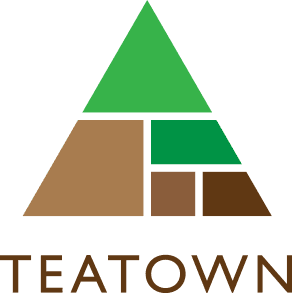Native, alien, or invasive?
A common misconception about our built landscapes and forests is that all green is good when in fact, globalization has led to the proliferation of many plant species that are not native to our region. These plants can sometimes harm biodiversity, leading to unhealthy ecosystems. Native plants on the other hand, provide important services to our local ecosystem.
Important definitions:
Native: a plant known to be historically indigenous to a region.
Alien or “non-native”: a plant species that is not indigenous to our region, but may not be invasive. In fact, only a small fraction of alien plants are invasive.
Invasive: An alien plant species capable of rapidly spreading, and once spread, can cause harm to its ecosystem.
Invasive Plants at Teatown
Teatown often gets questions about why we do not control all the invasive plants on our preserve. The answer is that a very high proportion of the plants we have in our forest understories, shrub habitat, meadows, swamps and roadsides are invasive! To control all invasive plants on a 1,000 acre preserve would require vast amounts of resources (time and funding). In addition, white-tailed deer feed mostly on the native plants, which gives the invasives even more of a growing advantage than they already had.
Teatown manages invasive plants when resources allow; we target areas of ecological and educational value, or target species that have the potential to get a lot worse on the preserve. For example, to mention a few, we are targeting areas with water chestnut (Trapa natans) and mile-a-minute (Persicaria perfoliata). So far, we have been successful in eradicating mile-a-minute, and have been successful in minimizing the spread of water chestnut, but eradication is proving challenging. We also worked really hard to control a new infestation of incised fumewort (Corydalis incisa). This infestation covered an area of about 60 ft by 30 ft and was intermixed with natives. A total of 38 volunteers, interns and staff spent over 200 hours working to control just this small area! We will know more about how successful we were in controlling this species next spring.

